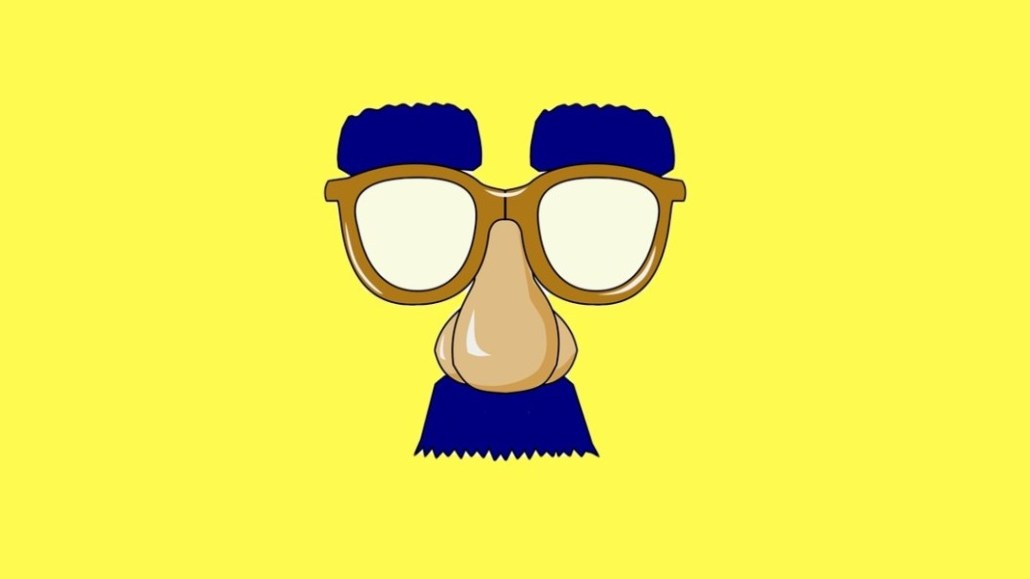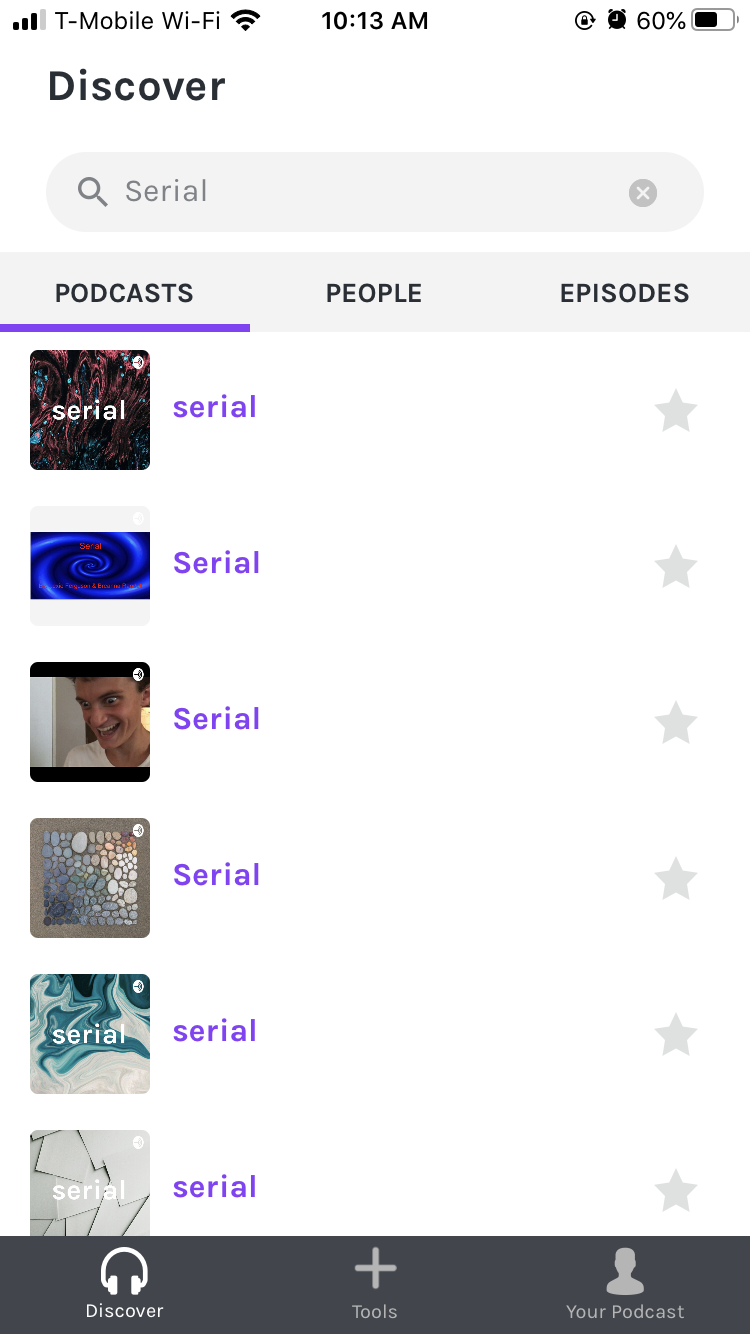Secure your place at the Digiday Publishing Summit in Vail, March 23-25
‘Game of whack-a-mole’: Spotify has a counterfeit podcast problem

Over the past year, Spotify has dominated the podcast news space with headlines about big investments in new shows hosted by A-list celebrities. But over the past few weeks, it has been caught off-guard by a crop of counterfeit shows distributed by its hosting platform, Anchor, the podcast hosting and distribution platform Spotify acquired in 2019.
Over the past couple weeks, podcast creators have been grumbling that Anchor, which allows anybody to create and distribute podcasts for free, has allowed shady creators to distribute dozens of shows with the same names as popular podcasts, including “Serial,” “Call Her Daddy,” “Office Ladies” and “The Joe Rogan Experience” to be distributed across the podcast ecosystem. Podnews spotted the fake shows earlier this week.
While many popular podcast players, including Apple’s and Google’s, typically surface the popular, original shows first in their search results, the Anchor-hosted copycats appear too, in many cases with nearly identical metadata and cover art. The fake shows appear designed to trick listeners into listening to them, so they can be monetized through ads injected automatically using Anchor technology.
On Anchor’s own app, the problem is even worse, with the namesake show rarely appearing at the top of results. A user hunting for the podcast “Serial,” for example, would have to scroll past nearly a dozen fake shows before finding the show that brought podcasting into the mainstream.
The problem inside Anchor’s app is far down the list of creators’ concerns; Anchor’s app is responsible for a negligible amount of podcast consumption, said Dave Zohrob, the founder of the podcast analytics and ad attribution service Chartable.

But the confusion this has caused has incensed several creators, who say the phony shows have the potential to create confusion among potential listeners, degrade the listening experience on different apps, and possibly cost them money: A copycat podcaster can create a show on Anchor, upload it to Spotify, then use Spotify’s automatic ad injection to monetize a confused listener.
“It’s growing Anchor’s business at our expense,” said Barstool Sports CEO Erika Nardini, who catalogued several different examples of the fakes on Twitter. Nardini said Barstool’s attempts to contact Anchor to resolve the problem were met with radio silence.
Reached for comment, a Spotify spokesperson said that the offending shows were taken down, and sent a statement.
“We take intellectual property infringement activity extremely seriously,” the statement read. “Spotify has multiple detection measures in place monitoring fraud on the service to detect, investigate and deal with such activity. We are continuing to invest heavily in refining those processes and improving methods of detection and removal, and reducing the impact of this unacceptable activity on legitimate creators, rights holders and our users.”
As of Aug. 20, some of the shows are still available on competitors’ apps, such as Google Podcasts, though a lag in when those apps update their RSS feeds may be responsible for the disparity.
Anchor provides a lot of the scale and raw material that helped turn Spotify into one of the largest podcasting platforms. Founded in 2015 by Michael Mignano and Nir Zicherman, the service was hosting 15 billion hours’ worth of content at the end of 2018, according to a note Spotify CEO Daniel Ek published last year. As of the second quarter of 2020, Spotify has 1.5 million podcasts on its platform.
It has caused other problems for Spotify in the past. Last summer, Podnews reported that Anchor users were using the platform to illegally distribute music, a striking black eye for a company that positioned itself as a bulwark against recorded music piracy almost a decade ago.
The news that Spotify had taken down the fake shows did not mollify many of the sources contacted for this story, who say that Spotify has given podcasters no indication that they have resources or technology in place to keep this from becoming a game of whack-a-mole.
“It strikes me as something Spotify is not prepared for,” a source inside Stitcher said. “A platform like YouTube is good at finger-printing content. If your copyright is infringed, you actually have a lot of options.
“I don’t think they are very well-equipped to handle this.”
More in Media

In Graphic Detail: Publishers chase video podcast growth, but audio still leads
Podcasting may be racing into video, but more listeners still prefer audio — leaving publishers caught between hype and habit.

WTF is a creator capital market?
What is a creator capital market, what does it mean for creators looking to diversify revenue, and why is it so closely tied to crypto?

Media Briefing: Publishers explore selling AI visibility know-how to brands
Publishers are seeing an opportunity to sell their AI citation playbooks as a product to brand clients, to monetize their GEO insights.








